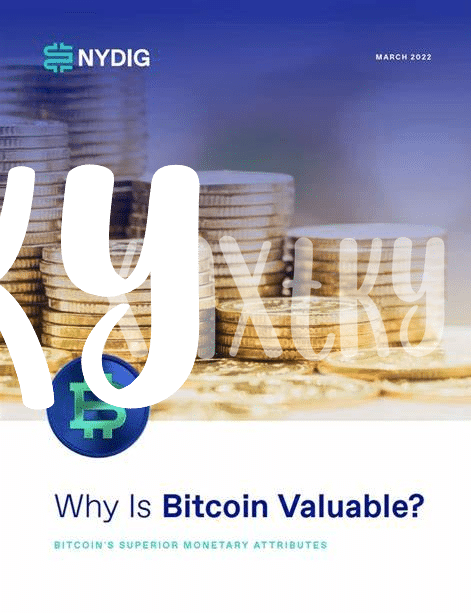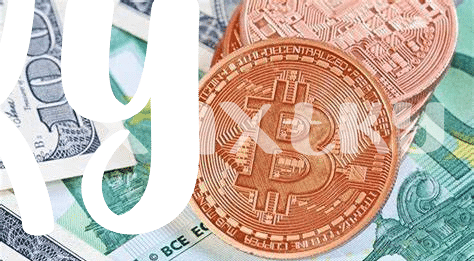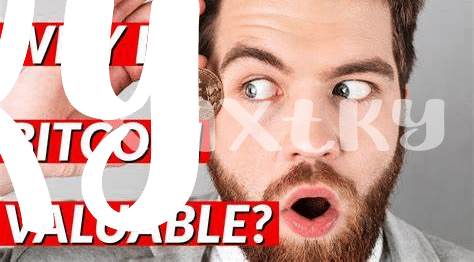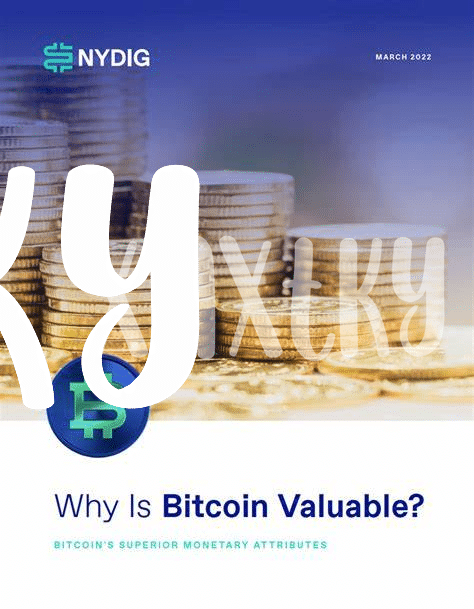The Golden Rule of Passwords 🛡️

Imagine your online banking password is like the key to a treasure chest. You wouldn’t give out copies of your key to everyone, would you? Keeping your Bitcoin safe starts with a solid password. Think of it as the front door to your digital wealth. Just like you wouldn’t lock your house with a toothpick, your password shouldn’t be something easy to guess like “123456” or “password.” It’s your first line of defense against hackers who are always on the lookout for easy targets.
Now, let’s dive a bit deeper. Crafting a strong password is an art. You want something complex and unique, yet memorable. Mixing letters, numbers, and symbols is a good recipe. But there’s more to it than just creating one; changing it regularly is also crucial. Think of it as changing your locks occasionally. Here’s a simple guide on how to keep your passwords strong and secure:
| Do’s | Don’ts |
|---|---|
| Use a mix of characters (letters, numbers, symbols). | Use easily guessable passwords (like “123456”). |
| Create unique passwords for each account. | Reuse the same password across multiple sites. |
| Change your passwords regularly. | Share your passwords with others. |
| Consider using a password manager. | Write your passwords down where others might find them. |
Remember, a strong password acts like an unbreakable lock 🔒, keeping your treasures safe. And in the world of Bitcoin, where security is paramount, adhering to these practices isn’t just recommended, it’s essential. So, take charge of your digital security, and ensure your password is a fortress, not a welcome mat for cybercriminals.
Spotting Phishy Emails and Links 🎣
Imagine getting an email that looks exactly like it’s from your Bitcoin wallet service. It feels real, sounds urgent, and says you need to click a link to fix a security issue. Hold up! This could be a classic trick. Cyber tricksters use these fake emails and links to sneak into your digital life, hoping you’ll invite them in by clicking. It’s like fishing, but instead of a worm on a hook, they use lies to catch personal info. To stay safe, treat unexpected emails with caution. Look closely at the sender’s address, and remember, real companies won’t ask for your key details via email. Always visit websites by typing the URL yourself, never through a link. For more expert advice on keeping your Bitcoin transactions safe, check out this helpful article: https://wikicrypto.news/expert-tips-to-enhance-security-when-selling-bitcoin. It’s like having a cybersecurity guru at your side, guiding you through the digital wilderness.
Secure Your Wallet Like a Vault 🔒

Imagine your digital wallet is like a treasure chest filled with precious coins. In the world of Bitcoin, keeping this chest safe isn’t just about having a strong lock; it involves a series of smart moves and tools that act like an impenetrable fortress. First off, think about where you’re storing your treasure. Choosing a wallet comes down to picking a spot that’s not only convenient but fortified. Whether it’s a hardware wallet that stores your Bitcoin offline, away from the prying eyes of the online world, or a software wallet that’s always at your fingertips but requires extra layers of security, the choice is crucial. Ensure your wallet has a robust authentication system, something that verifies it’s definitely you trying to access your funds—think of it as a drawbridge that only lets in the right people. Moreover, encryption is like the ultimate shield for your wallet, turning your precious coins into a secret only you can unlock. In essence, by picking the safest home for your Bitcoin and arming it with the latest security tools, you’re turning your digital wallet into a vault that even the craftiest of digital pirates can’t crack. 🛡️🔐🚫
Update Regularly, Stay Ahead of Hackers 🔄

Imagine you’re in a never-ending race with crafty hackers who are always looking for a tiny crack to slip through. Keeping your software up to date puts you in the fast lane, always a step ahead. Think of it as giving your digital security guards the latest gear and training to outsmart intruders. Every update patches up holes that hackers might exploit, making it tougher for them to get a foothold. Besides, these updates often come with new features that make your experience smoother and safer. It’s like leveling up in a video game where the stakes are your digital assets. In this dynamic world of digital currencies, staying informed and proactive is key. For deeper insights into safeguarding your bitcoin journey, especially from the ever-evolving threats, check out how to mine bitcoin security concerns. This knowledge not only strengthens your defense but also enriches your understanding of navigating the crypto space securely.
Multi-factor Authentication: Your Digital Bodyguard 👮
Think of your digital space as a fortress; you wouldn’t rely on a single lock to keep out invaders, would you? This is where adding extra layers of protection comes into play, much like having a vigilant guard at every entry point, ensuring only the right people get through. It’s essentially a series of checkpoints, from something you know (like a password), something you have (like a mobile device), to something you are (like your fingerprint). These layers work together to create a shield around your valuables, making it exponentially harder for unwanted guests to break in. Even if someone cunningly guesses your password, they hit another obstacle, needing a unique code or your fingerprint to proceed. Picture losing your house key but knowing there’s a guard dog inside; it adds peace of mind, right? Implementing this strategy is like having an elite digital bodyguard for your Bitcoin wallet; it’s about making sure that if one line of defense falls, others stand firm to protect your digital treasure.
| Layer | Description | Example |
|---|---|---|
| Password | Something you know | A strong, unique passphrase |
| Mobile Device | Something you have | An app generating codes |
| Fingerprint | Something you are | Biometric authentication |
Backup Strategies: Your Safety Net in the Cloud ☁️

Imagine your digital life hanging by a thread, all because a hacker decided today was your unlucky day. Now, visualize a safety net catching you softly, ensuring your fall isn’t disastrous. That’s what having a robust backup plan is like when it comes to securing your Bitcoin investments. It’s like creating copies of your precious family photos, but instead, you’re safeguarding your digital gold. Think of the cloud as an invisible, yet impenetrable fortress where these copies reside, far from the reach of digital miscreants. This strategy isn’t just about making duplicates; it’s about smartly placing them in different locations — both online in secure cloud services and physically, like on a USB drive tucked away in a safe drawer. This way, if one backup gets compromised, you’re not left in the cold. The beauty of this safety net? It ensures that even in the face of adversity, whether it’s a phishing attack gone successful or a device failure, your digital wealth remains untouched and recoverable. Remember, it’s not just about locking the front door; it’s about having a plan when someone finds a window. For insights on navigating the complex world of Bitcoin, especially when pondering how is bitcoin regulated investment strategies, it’s crucial to dive deep into the security measures that stand between your assets and those lurking in the shadows.
